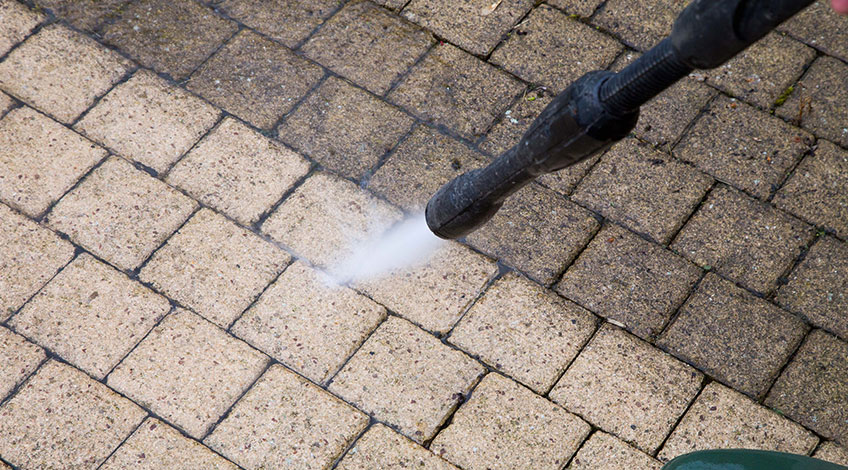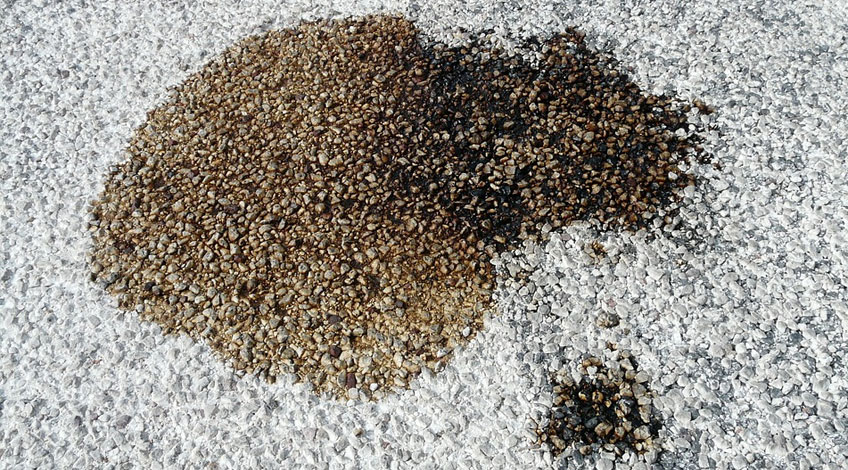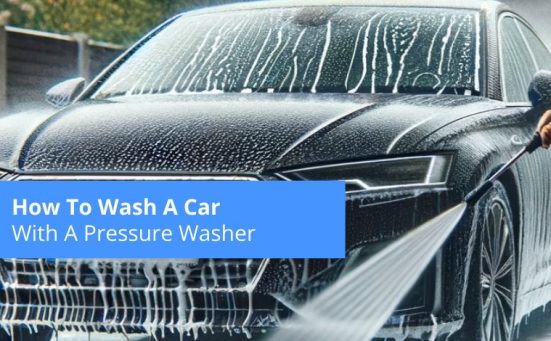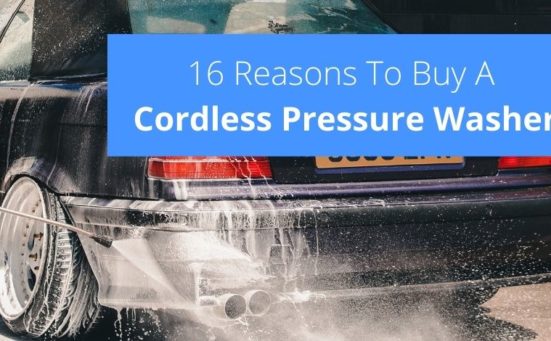
Can I Use Hot Water In My Pressure Washer?
If you’ve ever wondered about the differences between hot and cold water pressure washers, and what would happen if you run hot water through a pressure washer, you’re in the right place. We’ve looked into this question and some of our answers might surprise you. We won’t go into a long explanation of how pressure washers work, because if you’re here you probably own one and know how they work.
So first things first, water supply, in your users manual it will tell you how to hook up the water supply. It will probably tell you to attach a garden hose to the inlet on the pressure washer. There’s your first clue, garden hoses run cold water not hot. There are hot water pressure washers but they operate differently to just hooking up a hot water supply.
How Do Hot Water Pressure Washers Work?
A hot water pressure washer or power washer has an internal water heater that heats the water pumped from the cold water feed. The heater is positioned after the water pump which means only cold water passes through the pump. So at no point is the water pump exposed to hot water.
The water in a hot water pressure washer is heated to 200F (93C) but the heating element is positioned so that the water is heated after the water pump to keep from damaging the pump.
Why Does The Water Pump Only Use Cold Water?
Pressure washers rely on cold water to keep the pump cool. If the temperature of the water supply is greater than 140F (60C) you run the risk of damaging the water pump and seriously damaging the internal components of your pressure washer. This can happen unintentionally by operating the pressure washer in the hot sun, the garden hose can get heated by the sunlight to a greater temperature than is safe for the safe operation of the machine.
What’s Best Hot Or Cold Water Pressure Washers?

This really depends on where you plan to use your pressure washer. If the environment uses oil or grease and this is what you want to clean with your pressure washer, then a hot water pressure washer is the best choice. Oil and grease are easier to remove with hot water especially if you’re using a detergent as well.
If you just want a pressure washer for general cleaning, then a cold water pressure washer will suit you better. Coldwater machines are usually cheaper to buy, and powerful enough to remove most stains. Even oil and grease stains can be removed using the correct degreaser and detergent. Hot water pressure washers tend to be larger, heavier and use more power than cold water models.
For domestic use, a coldwater machine is probably your best bet. Industrial users will probably opt for a hot water model.
Is It Safe To Put Hot Water Into A Pressure Washer?
Putting hot water into a pressure washer is a dangerous thing to do. As pressure washers use the cold water to keep the water pump cool when running, putting hot water into the system can seriously damage the water pump. Not just the pump, many internal components can be damaged if the temperature of the water is too high.
You will also void any warranty you have on your pressure washer if you run it using a hot water supply.
Frequently Asked Questions
Running hot water through a pressure washer will ruin it. Hot water will damage the pump and other internal components.
Power washers do use hot water but are fed by a cold water supply, the water is pumped past a heating element which heats the water to around 200F.
Hot water pressure washing is better for removing oil and grease.
You probably don’t need a hot water pressure washer, as the detergents available will remove grease and oil.
The only thing that cannot be removed successfully with a cold water pressure washer is chewing gum. This can be removed much easier with hot water.




